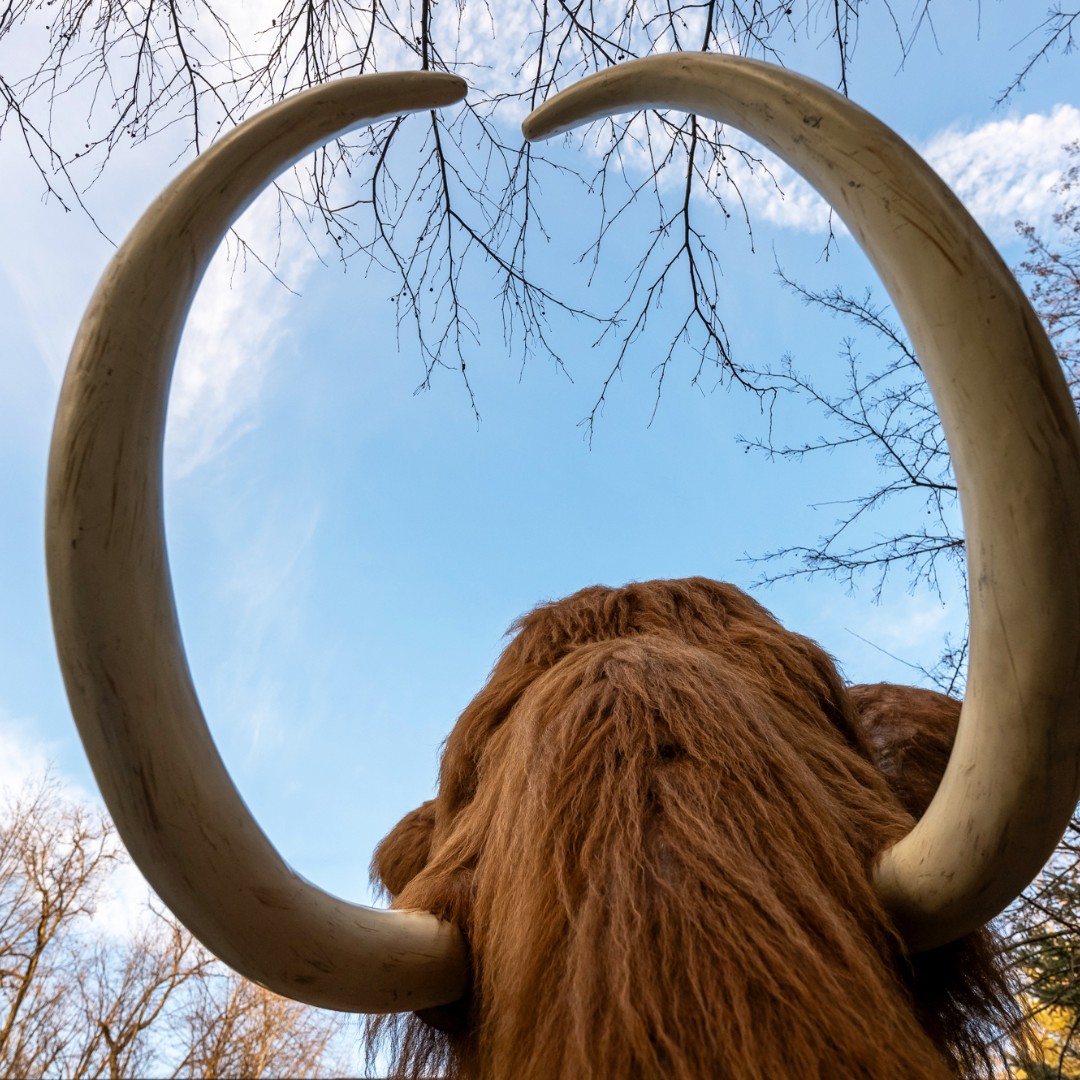- Overview of the Pittsburgh Zoo & Aquarium’s Ice Age: Frozen in Time event, highlighting its objectives and attractions.
- Exploration of the Ice Age period, focusing on the key species that roamed the planet during this time.
- Insights into the importance of understanding extinct animals and their ecosystems for current and future wildlife conservation efforts.
- Discussion on the roles of zoos and aquariums in education, conservation, and the ethical considerations involved.
- Analysis of how interactive, immersive exhibits like Ice Age: Frozen in Time enhance public engagement and learning about prehistoric wildlife.
The Pittsburgh Zoo & Aquarium is set to launch an intriguing exhibit, Ice Age: Frozen in Time, beginning April 14. This event does more than entertain; it educates the public about a pivotal period in Earth’s history while highlighting significant wildlife conservation themes. This initiative offers an immersive journey through recreated scenes from millions of years ago, where visitors can witness towering mammoths, mighty mastodons, saber-tooth cats, and other spectacular Ice Age creatures. Such exhibits serve a dual purpose: they captivate audiences and foster understanding of extinct species and their ecosystems. These elements are critical for modern conservation efforts.
Ice Age: Frozen in Time provides a stepping stone into the ancient world, elucidating the fascinating Ice Age era. Understanding this period is vital to zoologists and conservationists. The Earth experienced numerous ice ages, with the most recent peaking around 20,000 years ago, termed the Last Glacial Maximum. These cold cycles shaped not only the climate but also the development and extinction of diverse species. The giant mammals of the Ice Age, collectively known as megafauna, held significant ecological roles, from grazing that maintained open landscapes to being key prey for large predators. By reconstructing these ecosystems, we gain insights into how current ecosystems might be maintained or restored, enhancing biodiversity and resilience against human-induced changes.
Understanding extinct animals is not simply a matter of curiosity—it plays a vital role in modern conservation strategies. Many Ice Age species are considered crucial to understanding evolutionary biology and ecology. For instance, studying mammoths illuminates paths to genetic engineering for conservation, such as de-extinction technologies. Furthermore, examining past species’ responses to climate change offers cautionary tales and strategic insights relevant to today’s challenges. The more we learn about these creatures and their environments, the better we can foster the preservation of living fauna and mitigate present-day species loss.
Zoos and aquariums play pivotal roles in education, research, and conservation. Facilities like the Pittsburgh Zoo & Aquarium are not merely places for public display; they are conservation hotspots devoted to preserving endangered species through breeding programs and research initiatives. These institutions also provide invaluable educational opportunities, informing millions annually about biodiversity, ecology, and environmental stewardship. However, ethical considerations are paramount. Ensuring humane and enriching environments for animals is critical, as is the transparency regarding the impact of zoo-led conservation projects. Educating visitors about the ethical dimensions of wildlife exhibits helps foster a more informed and empathetic populace dedicated to responsible conservation.
Events like Ice Age: Frozen in Time achieve more than showcasing the past; they facilitate an understanding of humanity’s role in shaping the planet’s biodiversity future. Interactive, immersive environments actively engage audiences, sparking curiosity and a desire to learn about the natural world. Such engagement is crucial for inspiring future generations of conservationists and scientists. By presenting information through dynamic experiences, visitors can grasp complex ideas more readily than through traditional methods alone.
In summary, Ice Age: Frozen in Time at the Pittsburgh Zoo & Aquarium is a valuable educational and conservation initiative. The event not only transports visitors through time into a glacial past but also raises awareness about the significance of understanding and preserving biodiversity. As we stand on the brink of global ecological challenges, such endeavors remind us of the importance of learning from the past to inform the future. By combining education with conservation, zoos and aquariums are fostering a connection between humans and the natural world, essential for ensuring the continued survival of Earth’s diverse life forms.
*****
Source Description
🧊🦣Something frigid this way comes! Starting April 14, travel back in time and encounter the amazing animals of the past as the Pittsburgh Zoo & Aquarium presents Ice Age: Frozen in Time. Recreated scenes transport guests back millions of years to a glacial world populated by towering mammoths, mighty mastodons, ferocious saber-tooth cats, massive ground sloths, and many more. Tickets available on site! You can read more on our website.


